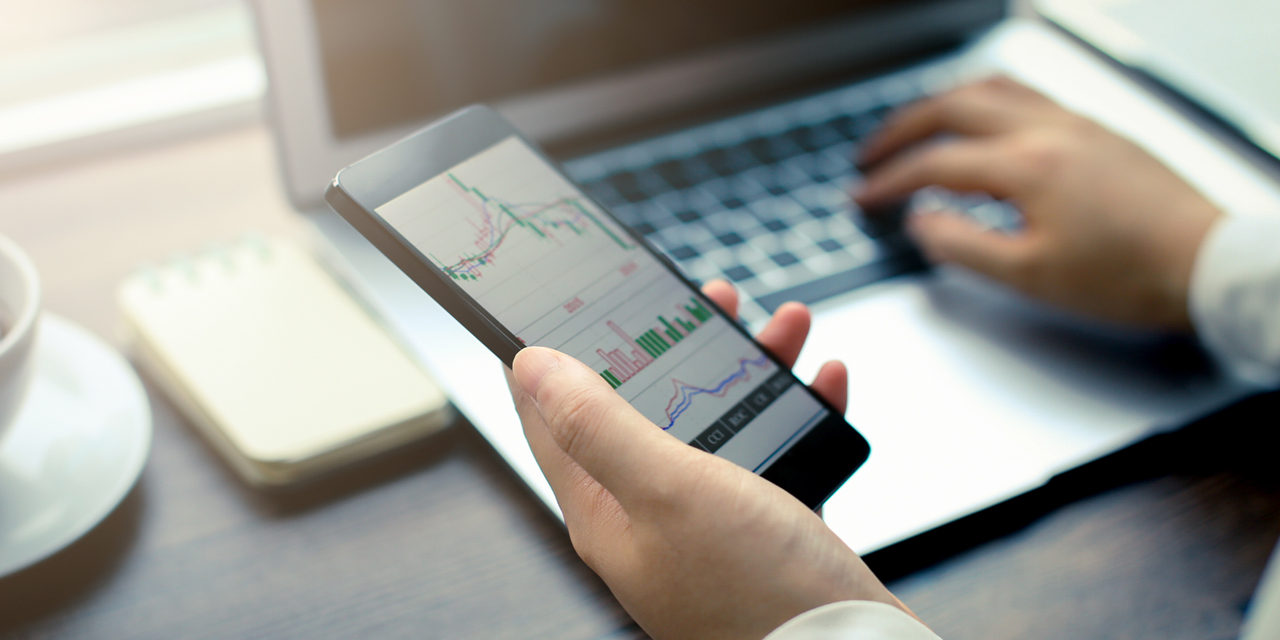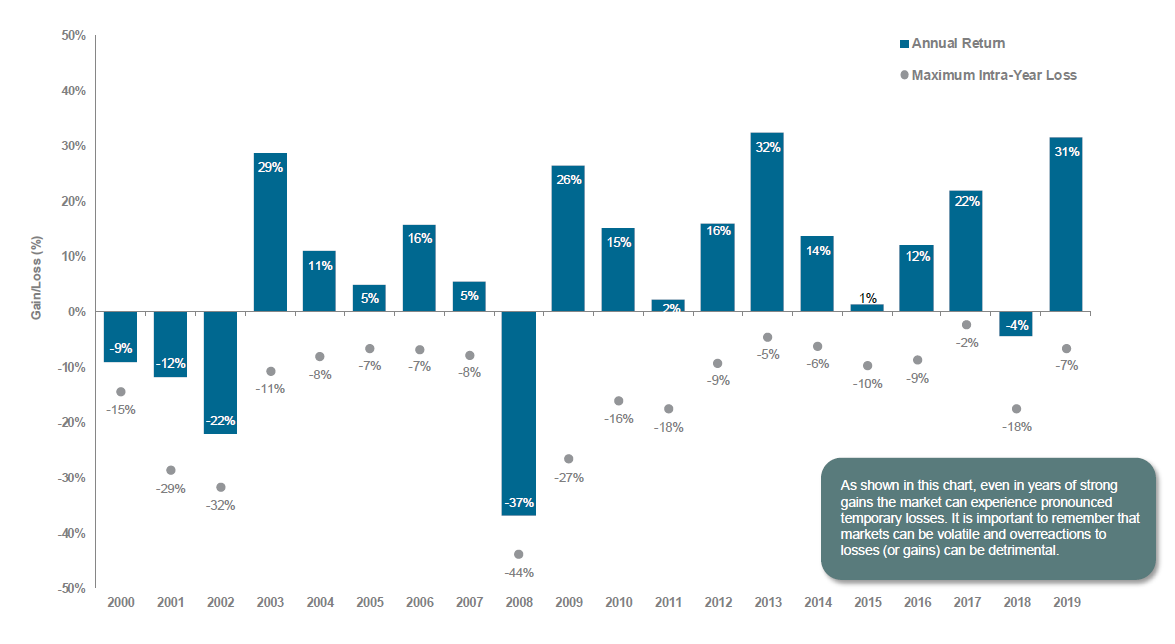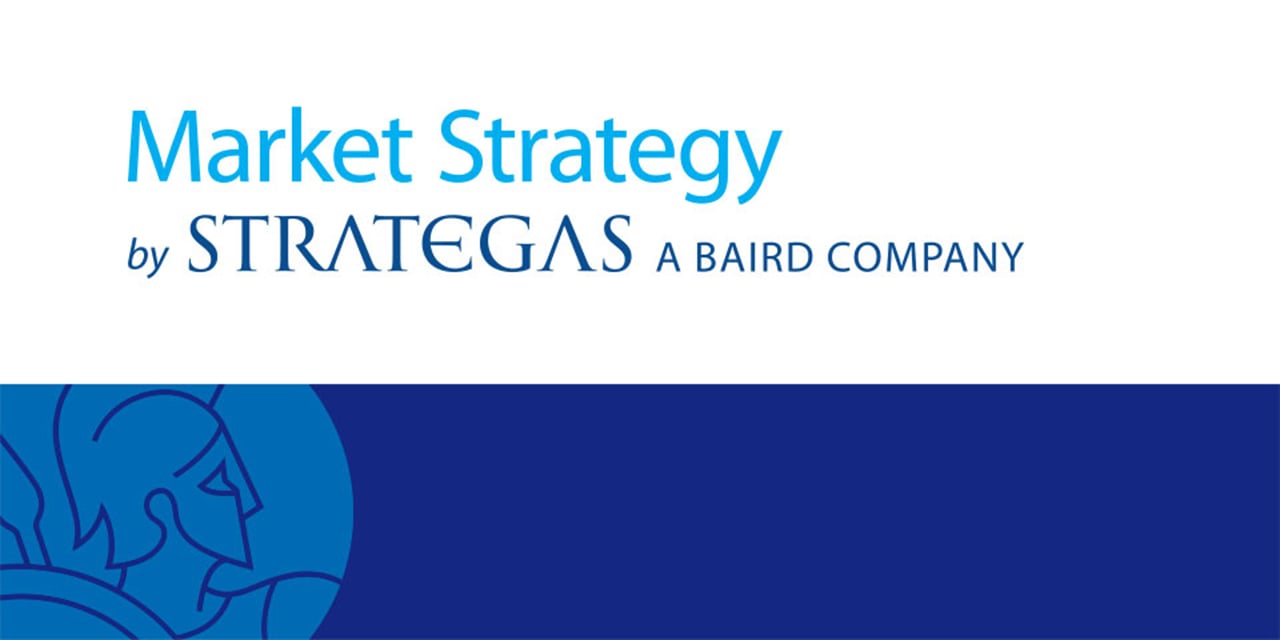
Baird Market Commentary
With the recent ups and downs of the market, one could be forgiven for feeling a bit skittish with their investments. The coronavirus pandemic has created an environment of uncertainty and fear rarely seen over the last decade. Though improvements in China and South Korea are reassuring, Europe and the United States are now firmly in the virus’s grip. Further exacerbating the already severe issue, Saudi Arabia and Russia began a full-scale war over oil supply, sending crude prices plummeting.
We like to say that volatility is the price investors pay for long-term gains. But that doesn’t make it any easier to stomach bear market drawdowns and gut-wrenching daily volatility. A witty saying cannot spur the markets higher. Still, we do take comfort in knowing that history is on our side. Last decade, coming out of the worst financial crisis in 80 years, the S&P 500 was up over 250% (despite averaging a double-digit intra-year drop and suffering two separate 19% declines). Volatility spikes, aggressive drawdowns and rapidly changing sentiment are features of the market, not bugs. This is particularly true in highly uncertain times.
S&P 500 Annual Returns and Maximum Intra-Year Losses

Source: Standard and Poor’s, Baird analysis. The S&P 500, computed by the Standard & Poor's Corporation, is a well-known gauge of stock market movements determined by the weighted capitalization of the 500 leading U.S. common stocks. Intra-year losses are calculated as the largest point-to-point loss in a given year, calculated on a weekly basis. Indices are unmanaged, and are not available for direct investment. Past performance is not a guarantee of future results.
And calling today’s environment “uncertain” may be underselling it. Though our Baird Investment Strategy team has noted that markets do tend to act impulsively in the face of an unexpected public health crisis, particularly one originating in a foreign country, the spread, severity and fear of this virus are proving unprecedented. The Federal Reserve has undertaken multiple emergency actions and governments across the globe are executing a range of targeted fiscal stimulus policies (including tax cuts, free testing, small business relief, etc.) to combat the economic effects. The risk of a global recession is now a very serious consideration.
Still, true crises offer us the unique opportunity to reflect on the tenets of long-term investing and sound portfolio building. Steep and rapid market drops are scary, but trying to time the market is nearly impossible and selling after big declines only exacerbates the issue (see: The Dangers of Selling During a Market Drop). One of our favorite market stats applies here: Over the last three decades, had you missed just the best 25 days of stock market performance, you would underperform even short-term Treasury bonds. You must be present to win the long-term game.
History is littered with risks: world wars, political uncertainty, natural disasters and financial crises. And yet the market and our economy soldier on, often stronger than before. We do not aim to downplay the risks associated with the coronavirus, particularly given the large human toll exerted thus far. This is a truly unique and still-evolving crisis that will have ramifications for years to come. But we remain steadfast: Short-term volatility should not affect one’s long-term plan. That is why in times like these, we strongly recommend you connect with your Baird Financial Advisor – they can help you separate the news from the noise and make sure you’re making prudent financial decisions for the long term.
The information offered is provided to you for informational purposes only. Robert W. Baird & Co. Incorporated is not a legal or tax services provider and you are strongly encouraged to seek the advice of the appropriate professional advisors before taking any action. The information reflected on this page are Baird expert opinions today and are subject to change. The information provided here has not taken into consideration the investment goals or needs of any specific investor and investors should not make any investment decisions based solely on this information. Past performance is not a guarantee of future results. All investments have some level of risk, and investors have different time horizons, goals and risk tolerances, so speak to your Baird Financial Advisor before taking action.


